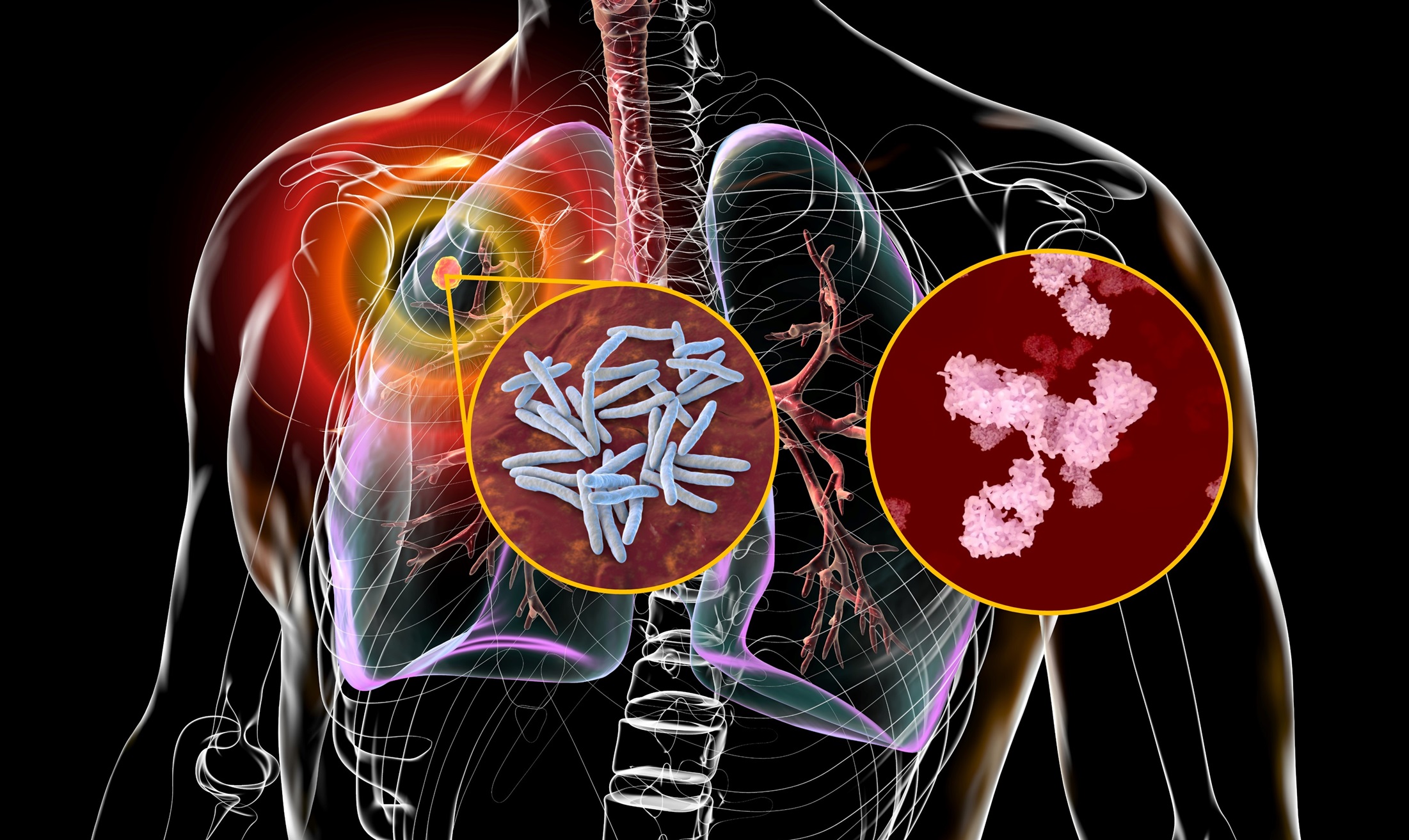Predicting Mortality in Kidney Disease: A New Nutritional Risk Index – Professor Eiichiro Kanda, Kawasaki Medical School
Original Article Reference
This SciPod is a summary of the paper ‘A new nutritional risk index for predicting mortality in hemodialysis patients: Nationwide cohort study’, published in PLOS ONE. https://doi.org/10.1371/journal.pone.0214524
Share Episode
About this episode
This work is licensed under a Creative Commons Attribution 4.0 International License. 
What does this mean?
Share: You can copy and redistribute the material in any medium
or format
Adapt: You can change, and build upon the material for any
purpose, even commercially.
Credit: You must give appropriate credit, provide a link to the
license, and indicate if changes were made.
Related episodes
Dr. P. R. Raghavan | The Potential Effects of a Dietary Supplement on a Range of Health Issues
Dr. P. R. Raghavan, CEO and Chairman of Nanorx Inc., developed Metadichol, a nutritional supplement that has shown potential in treating a range of health issues. Dr. Raghavan suggests that the supplement may help to stave off illnesses such as diabetes and antibiotic-resistant infections.
Dr. Matthew Sherrer | An Infinite Game Mindset for Enhanced Cooperation in Anesthesia
Anesthesia in the US is currently delivered through a team-based approach, with physician anesthesiologists supervising certified registered nurse anesthetists. However, in over 20 states, there is no requirement for nurse anesthetists to be supervised by anesthesiologists, allowing them to work independently. This has resulted in a bitter turf war over the rights and responsibilities of physicians and advanced practice nurses working in this discipline to provide patient care, paving the way for daily acrimony and a toxic working environment. The mindset behind this adversarial approach can be compared with a “finite game”, where there are clear winners and losers. Aiming to challenge this dysfunctional tribalism, Dr. Matthew Sherrer from the University of Alabama Birmingham and colleagues have drawn on an alternative mindset: the infinite game.
Professor Lobelia Samavati | Paving the Way for Antibody-based Diagnostics for Tuberculosis and Sarcoidosis
Tuberculosis – or TB – is a global health threat, with 10 million new cases annually. Diagnosing TB can be a challenge, as there is a lack of rapid, point-of-care diagnostic tests. It can also be difficult to distinguish between TB and other inflammatory diseases, such as Sarcoidosis. One option may be to identify antibodies in patient samples that can reveal the presence of TB. However, current antibody tests for TB lack accuracy. Professor Lobelia Samavati and colleagues at the Wanye State University School of Medicine in Michigan are tackling this challenge to cast light on the immune signature of these diseases. Their aim is to develop new diagnostic techniques for TB and Sarcoidosis.
Dr Abayomi Sanusi | Can Faith Institutions Encourage People to Maintain Healthy Blood Pressure?
High blood pressure, also known as hypertension, is a common and potentially dangerous condition that increases the risk of many severe medical issues, including heart disease, heart attack, stroke, heart failure, and kidney disease. Dr Abayomi Sanusi, a researcher at the University of York, recently carried out a study exploring how faith-based institutions could encourage their community members to adopt healthy behaviours that can reduce hypertension.
Increase the impact of your research
• Good science communication encourages everyday people to be scientifically literate so that they can analyse the integrity and legitimacy of information.
• Good science communication encourages people into STEM-related fields of study and employment.
• Good public science communication fosters a community around research that includes both members of the public, policymakers and scientists.
• In a recent survey, 75% of people suggested they would prefer to listen to an interesting story than read it.

Upload your science paper
Step 2
SciPod script written
Step 3
Voice audio recorded
Step 4
SciPod published




